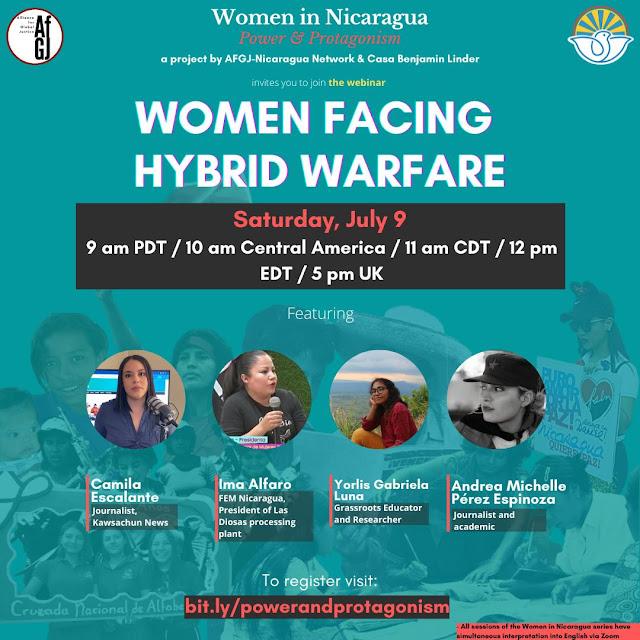As Fiscal Year 2022 is almost over, we are hearing numbers of 750 or more migrant deaths over the past twelve months. While, tragically, it does still happen that migrants die while being chased by Border Patrol agents or shot when attempting to cross the border, the majority of these deaths are a result of the so-called “prevention through deterrence” strategy that forces people to take on more dangerous routes when traveling up to the southern U.S. border to seek safety. And if they do make it through to the U.S., they are often expelled immediately or put into deportation proceedings, waiting for their hearing in Mexican emergency shelters or U.S. detention centers. Read IRTF's monthly overview of recent updates on U.S. immigration and what has been happening at the border!
https://www.irtfcleveland.org/blog/migrant-justice-newsletter-sep-2022

